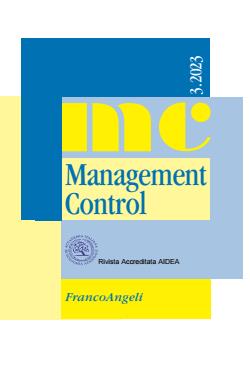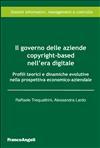
The paper investigates the issue of team performance measurement and man-agement in the self-styled ring organizations. The objective is to demonstrate whether, within a team, there are individuals who are able to influence to a greater extent an organization’s results and whether there are performance parameters that allow the identification of such individuals. The research was conducted through the application of the O-ring theory’s theoretical framework in the context of the football clubs. The research method used is exploratory, with an empirical analysis based on two distinct research steps aimed at ascertaining which individ-ual within a team is able to affect the team performance the most. The results of our research, deriving from a correlation analysis, propose to the scientific com-munity and to chiefs who manage ring organizations a performance measurement model where greater weight must be given to the risk deriving from the weak link’s possible inefficiencies and inadequate performance. Starting from the analysis of football clubs, we intend to challenge previous famous theories and to a certain extent the relevant literature on team performance management in specific kinds of companies that present a high degree of interdependence between the individu-als who compose them.

